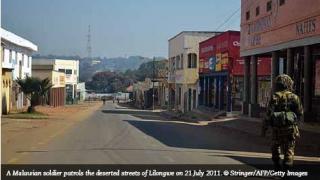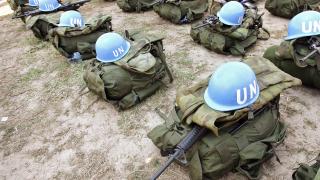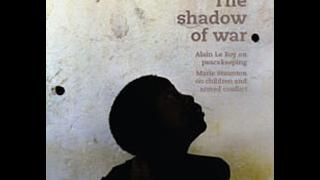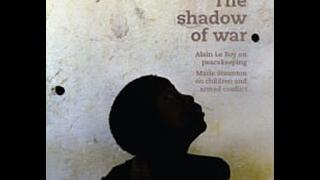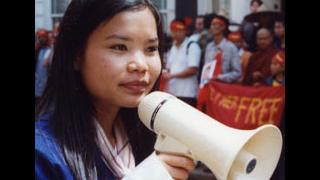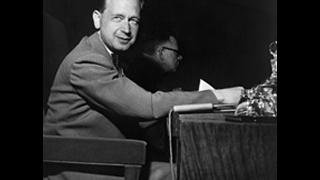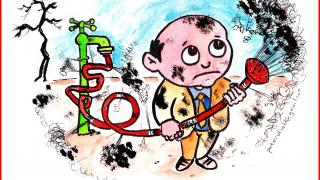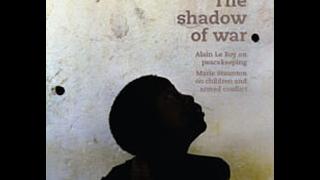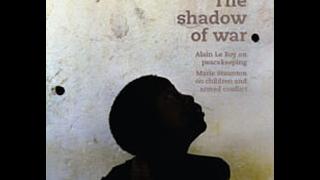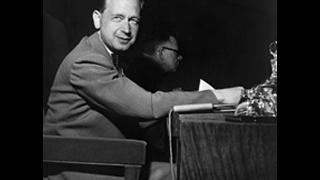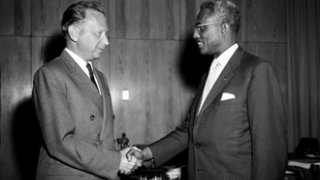
There are an estimated 100,000 girl soldiers in the world today. Over the last two decades, girls have been part of government, militia or armed paramilitary forces in 55 countries, 38 of which were actively involved in armed conflict.
The violence girls experience in wartime is not purely a result of armed conflict - it also happens in peacetime and can spill into post-conflict situations. For these girls, war is not over when the last bullet is fired.
Female soldiers are often left out of demobilisation programmes. Some return home with babies fathered by soldiers from the losing side and are rejected by their communities. Others are at risk from demobilised soldiers roaming the countryside while police and security services are not yet in place.
Some 200 million girls live in countries that are at risk of, or emerging from an armed conflict. Plan, a global children's charity, has devoted one of its annual series of reports on The State of the World's Girls to examining what happens to girls before, during and after war.
Girls in the Shadow of War found that, as the shadow of war looms, girls may be married off or sent away from home for protection. During some conflicts, rape is used as a weapon of war and, after the end of hostilities, the specific needs of girls are too often overlooked.
The State of the World's Girls series highlights how the rights of girls to survive, to be protected and to reach their full potential continue to be ignored. Each report focusses on a different issue, citing case studies of successful policies and practices, and offering an opportunity to hear the voices of the girls themselves. One such girl is Janet.
I met Janet, a former child soldier in Sierra Leone, just after the end of that country's long civil war. Five years later, I introduced her to a packed meeting at the UK parliament. She told MPs that, aged seven, she had survived the killing of her parents by rebel soldiers and had no choice but to join the soldiers as a baggage carrier. At the age of 12 she was taken as a 'wife' by the rebel commander. She was 15 when peace came to the country. She had no protector, no property and no education or skills.
Then, Janet found a safe house for former girl soldiers that had been started by teachers from the Federation of African Women with the support of local Plan staff, and she was given a scholarship to attend secondary school. Now Janet was campaigning for governments throughout the world to fulfil their duty to protect girls like her and enable them to realise their potential.
Girls in the Shadow of War highlights many positive stories from individuals such as Janet. It also showcases enlightened policies by governments: Liberia, for example, has used the opportunity of post-conflict renewal to introduce anti-rape legislation, to reform inheritance laws in favour of women and girls and to invest in girls' education. Such policies will not only transform girls' experiences during conflict and in peacetime, but will also encourage the wider benefits of harnessing girls' potential in terms of development and post-conflict reconciliation.
Marie Staunton is Chief Executive of Plan UK. Plan is a global children's charity that works with children in the world's poorest countries to help them build a better future. To find out more, visit www.plan-uk.org


